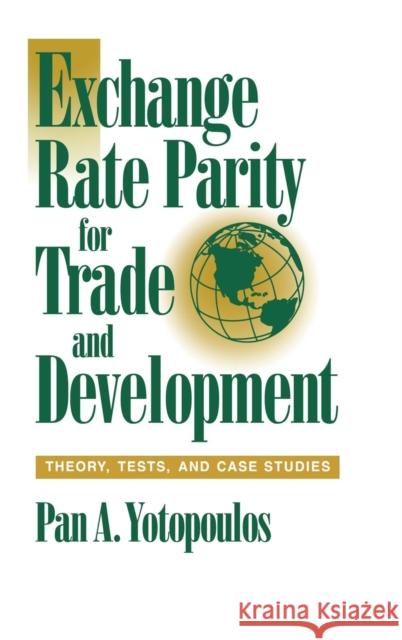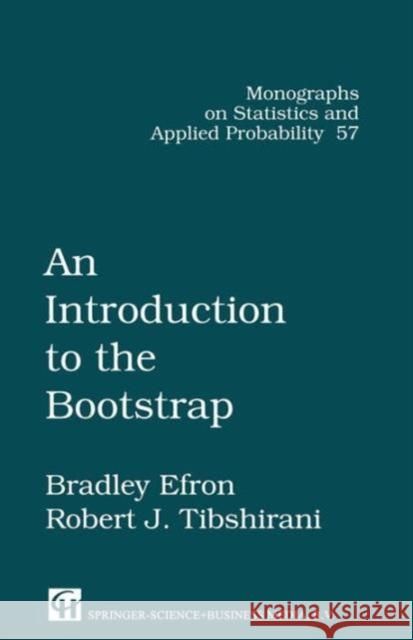topmenu
Wyniki wyszukiwania:
wyszukanych pozycji: 2
 |
Exchange Rate Parity for Trade and Development: Theory, Tests, and Case Studies
ISBN: 9780521482165 / Angielski / Twarda / 1995 / 344 str. Termin realizacji zamówienia: ok. 16-18 dni roboczych. This study extends recent theories of incomplete markets to investigate empirically the appropriate balance between the market and the state in the trade relations between developed and developing countries. The conclusion is that in an ideal world government intervention in foreign exchange and trade is necessary in developing countries in the early stages, and inevitably decreases as development occurs. Rationing of foreign exchange prevents a soft currency distortion that commonly afflicts developing countries and can turn comparative advantage trade into competitive devaluation trade,...
This study extends recent theories of incomplete markets to investigate empirically the appropriate balance between the market and the state in the tr...
|
cena:
303,26 |
 |
An Introduction to the Bootstrap
ISBN: 9780412042317 / Angielski / Twarda / 1994 / 456 str. Termin realizacji zamówienia: ok. 16-18 dni roboczych. Statistics is a subject of many uses and surprisingly few effective practitioners. The traditional road to statistical knowledge is blocked, for most, by a formidable wall of mathematics. The approach in An Introduction to the Bootstrap avoids that wall. It arms scientists and engineers, as well as statisticians, with the computational techniques they need to analyze and understand complicated data sets.
Statistics is a subject of many uses and surprisingly few effective practitioners. The traditional road to statistical knowledge is blocked, for most,...
|
cena:
783,64 |










